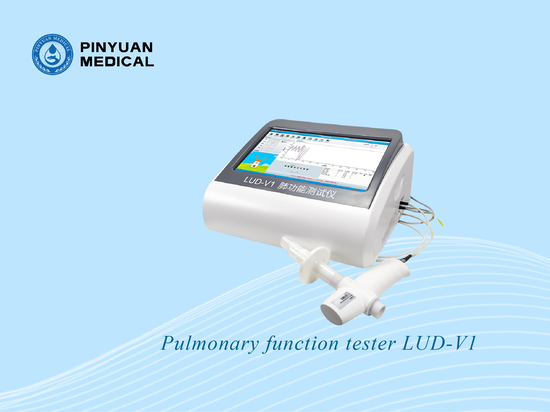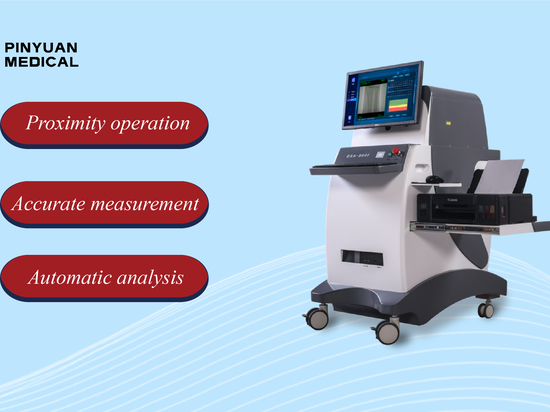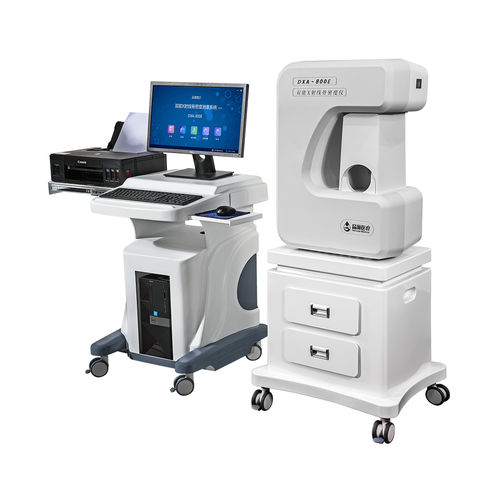
#Industry News
Bone mineral density testing and nutritional supplementation: the impact of key nutrients on bone health
Calcium, vitamin D and protein are key nutrients that are essential for maintaining healthy bones. Through reasonable nutrition intake and scientific health management, we can effectively improve the strength and stability of bones.
Maintaining bone health is a systematic project. Bone density measurement is an important means to evaluate bone health, and nutritional supplementation is an indispensable part of maintaining bone health. Among the many nutrients, calcium, vitamin D and protein have a crucial impact on bone health.
First, the impact of calcium on bone health
Calcium is a major component of bones and teeth and is essential for maintaining bone strength and stability. Calcium deficiency can lead to decreased bone density and an increased risk of fracture, especially in older adults and postmenopausal women. Therefore, it is particularly important to understand the calcium content in time and take corresponding nutritional supplement measures through regular bone density detection. Calcium-rich foods include milk, yogurt, cheese, tofu, spinach, etc. These foods should be an important part of the daily diet.
Second, the role of vitamin D in promoting bone health
Vitamin D plays a crucial role in bone health. It promotes the absorption and utilization of calcium, which helps maintain bone strength and density. Vitamin D deficiency can lead to poor calcium absorption, which can lead to bone problems. Sunlight is an important source of vitamin D, and moderate exposure to sunlight helps the body synthesize vitamin D. In addition, foods such as cod liver oil, egg yolks, dairy products and mushrooms are also rich in vitamin D. For people with vitamin D deficiency, supplements can be considered to increase intake, but under the guidance of a doctor.
Third, the basic support of protein for bone health
Protein is an important component of bone matrix and plays an important role in bone growth, repair and maintenance. Protein deficiency can lead to insufficient bone matrix synthesis, affecting the formation of new bone. At the same time, protein also improves the absorption rate of calcium and helps calcium to be better stored in bones. Foods rich in high-quality protein include fish, meat, eggs, beans and so on. The right combination of these foods in your diet will help provide adequate protein support for your bones.
Forth, Combine nutrition and regular testing to build bone health
Combining key nutrient supplementation with regular bone density testing is an effective strategy for maintaining bone health. On the one hand, through reasonable diet and necessary nutritional supplements, we can provide adequate nutritional support for bones; On the other hand, through regular bone density testing, we can find and solve bone problems in time to ensure the healthy state of bones.
1. According to the bone mineral density test results, develop a personalized nutritional supplement plan. For people with calcium and vitamin D deficiency, appropriate supplements can be taken under the guidance of a doctor.
2. In addition to nutritional supplements, attention should also be paid to maintaining a healthy lifestyle, such as moderate exercise, smoking cessation and alcohol restriction, and maintaining adequate sleep, which help maintain bone health.
Calcium, vitamin D and protein are key nutrients that are essential for maintaining healthy bones. Through reasonable nutrition intake and scientific health management, we can effectively improve the strength and stability of bones, and make bones healthier.






